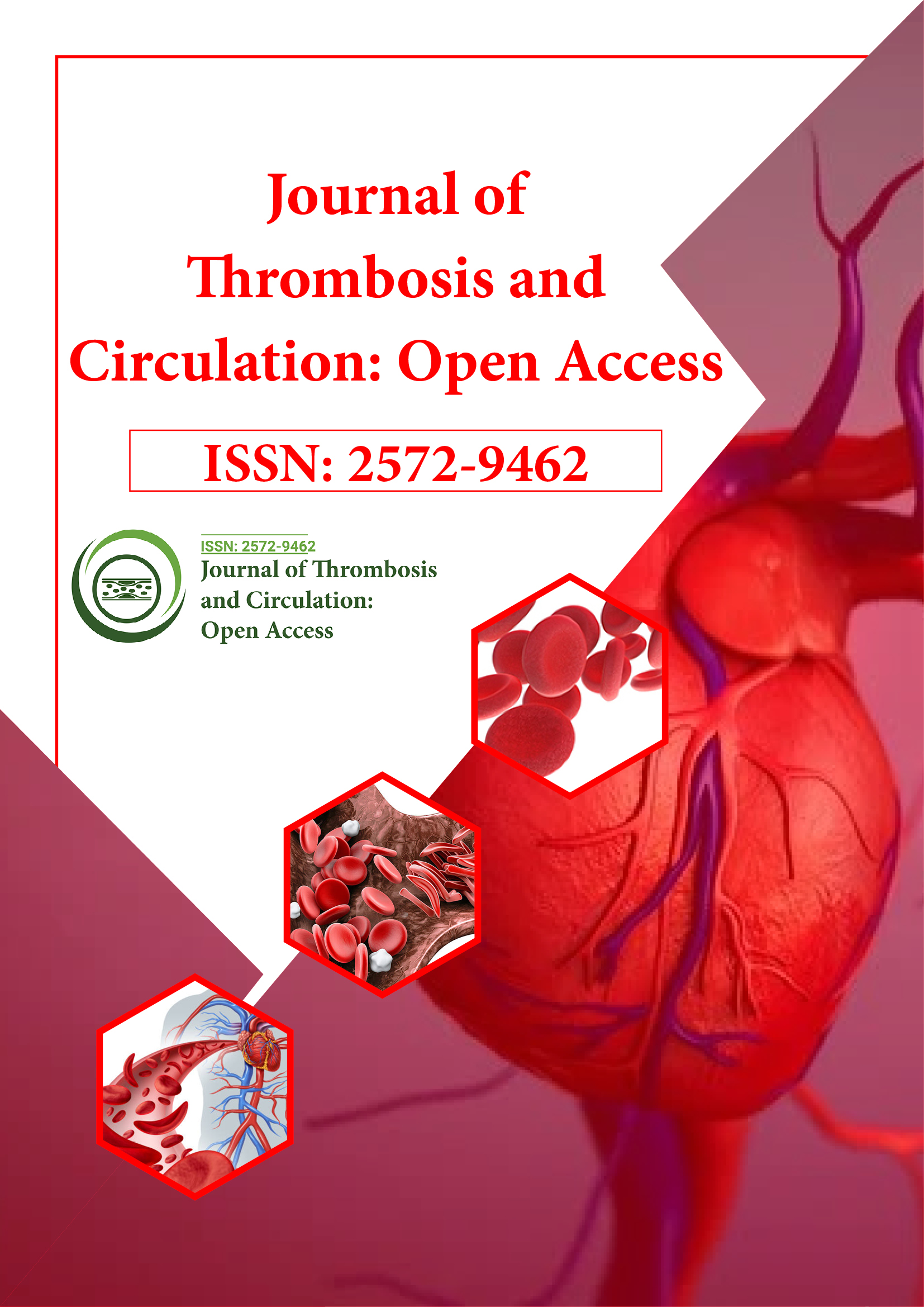Indexé dans
- RechercheRef
- Université Hamdard
- EBSCO AZ
- Publions
- Google Scholar
Liens utiles
Partager cette page
Dépliant de journal

Revues en libre accès
- Agriculture et aquaculture
- Alimentation et nutrition
- Biochimie
- Bioinformatique et biologie des systèmes
- Business & Management
- Chimie
- Génétique et biologie moléculaire
- Immunologie & Microbiologie
- Ingénierie
- La science des matériaux
- Neurosciences & Psychologie
- Science générale
- Sciences cliniques
- Sciences environnementales
- Sciences médicales
- Sciences pharmaceutiques
- Sciences vétérinaires
- Soins infirmiers et soins de santé
Abstrait
Thrombolyse et thrombectomie en cas d'accident vasculaire cérébral ischémique aigu
Siri Muppidi
La probabilité de récupération sans incapacité après un accident vasculaire cérébral ischémique grave est considérablement améliorée par la reperfusion soit par traitement thrombolytique intraveineux, soit par thrombectomie mécanique endovasculaire dans certains cas. L'utilisation de la thrombolyse intraveineuse est limitée par la courte fenêtre de traitement et il faut évaluer l'équilibre unique entre le bénéfice et le risque d'une décharge intracrânienne indicative. Le bénéfice est plus important pour des délais de début de reperfusion plus courts, ce qui nécessite une amélioration des voies pré-cliniques et en clinique. Une décharge suggestive est presque certaine dans les accidents vasculaires cérébraux plus graves, mais un plus grand nombre de patients sont libérés de l'incapacité que de subir une décharge liée au traitement à tous les niveaux de gravité. La décharge crânienne supplémentaire et l'angio-œdème orolingual sont des complications plus rares. La thrombectomie mécanique endovasculaire peut être utilisée chez certains patients présentant une obstruction importante de la voie d'approvisionnement démontrée par imagerie. Un traitement efficace repose sur des administrations efficaces qui peuvent apporter un traitement dans une courte fenêtre de temps à des points suffisamment aptes à exécuter la procédure